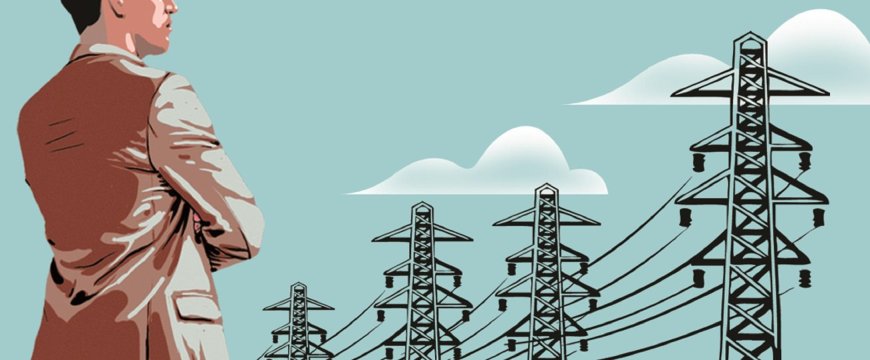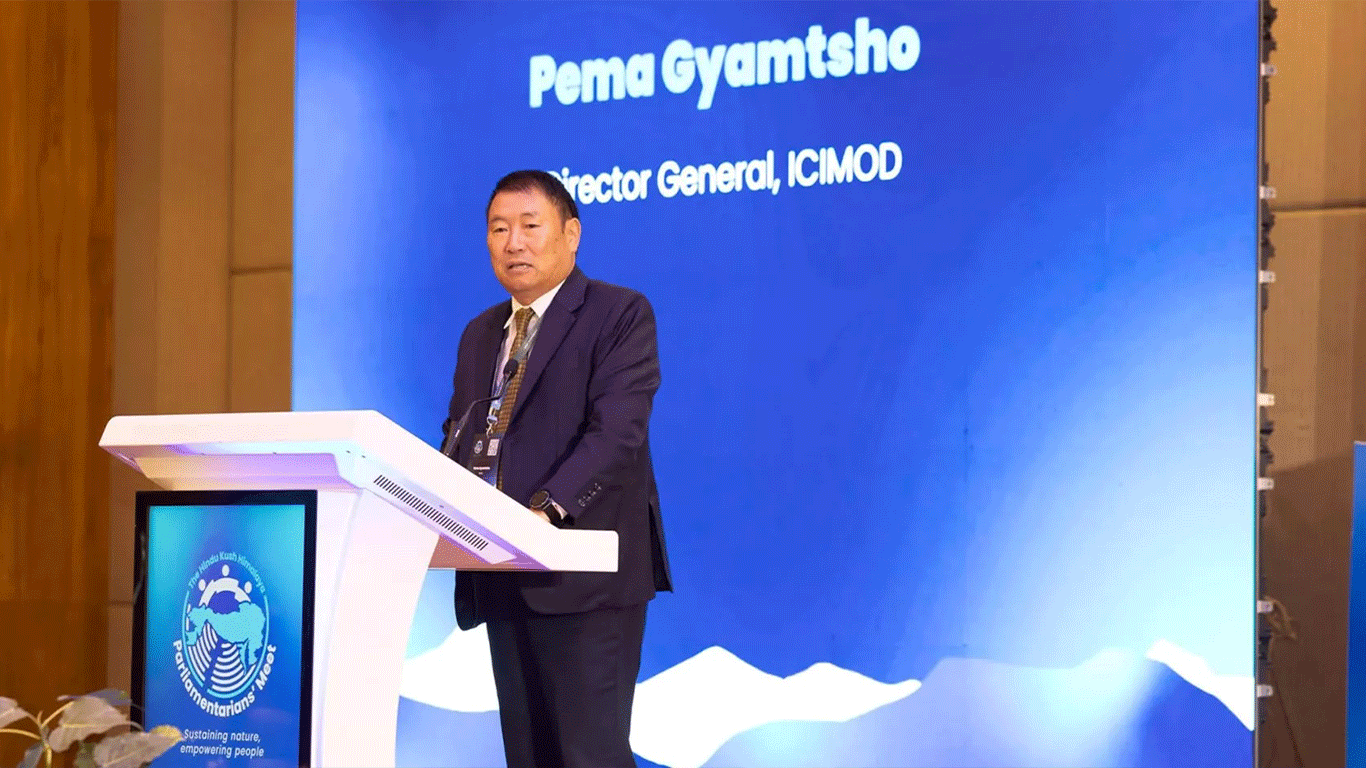Power and Energy Sector: Arrears and Subsidies Burdening the Government
The interim government is facing difficulties in settling power bill arrears, primarily due to "unfavorable" contracts made by the previous administration with power producers and the increasing cost of international fuel prices.

The interim government may face challenges in fulfilling its commitment to reduce arrears by the end of this fiscal year, as stipulated in the International Monetary Fund's $4.7 billion loan program. During the second review of the program in May, the IMF urged the previous Awami League government to lower outstanding bills. In response, the government pledged to make gradual payments to reduce arrears by the close of the 2023-2024 fiscal year and prevent further accumulation of unpaid bills in the current 2024-2025 fiscal year. "We plan to clear arrears gradually and align subsidy spending with our fiscal targets," the government stated in an IMF report released in June.
The previous administration had also planned to clear these arrears through transparent budget transfers over the next five years.
At the end of June, the total arrears for the power, fertilizer, and energy sectors were estimated at Tk 60,000 crore, with Tk 40,000 crore attributed to the power sector alone, according to a finance ministry official. To address these arrears, the previous government issued Tk 20,133 crore in special bonds last fiscal year, and the interim government issued Tk 5,000 crore earlier this month. Despite these efforts, unpaid bills in the power sector have now risen to Tk 37,000 crore, and this amount is expected to increase in the coming months.
For the current fiscal year, the power sector is allocated Tk 36,000 crore in subsidies, of which Tk 7,000 crore has been paid so far. However, the Power Division needs around Tk 3,000-3,500 crore per month, but currently receives only Tk 2,000 crore.
When the interim government took charge in August, the foreign liabilities in the power and energy sector stood at $2.5 billion. Since then, the government has sought assistance from development partners to help settle these bills. Finance Adviser Salehuddin Ahmed reported last week that some bills have been paid without dipping into foreign currency reserves, and the government has significantly reduced its debt to the Adani Group, with part of the $900 million owed now paid off. Foreign liabilities have since dropped to $1.5 billion.
However, several LNG companies are still owed $250 million, according to a finance ministry official.
Unfair Contracts
A national committee reviewing power sector contracts has identified the need for additional subsidies, as the previous government expanded power generation capacity without adequate planning. One committee member noted that power plants were built without securing a reliable fuel source.
In fiscal year 2023-2024, the subsidy for the power sector was Tk 34,000 crore, compared to Tk 3,000-9,000 crore between 2018-2022. The capacity charges paid to power plant companies by the previous government were estimated at Tk 32,000 crore last fiscal year, a significant rise from around Tk 10,000 crore in 2020.
Committee members criticized contracts with independent power producers, including Adani, for not prioritizing national interests. Bangladesh is forced to buy overpriced power from these companies, and under the contracts, the government must pay a 9 percent service charge to purchase fuel—an arrangement some consider corrupt.
Another committee member highlighted a modern power plant in Rupsha, Khulna, which was supposed to run on natural gas from Bhola, but has not yet started production due to the lack of a pipeline. Similarly, a coal-fired plant in Payra has faced challenges with high coal transportation costs because large vessels cannot dock at the port.
Zahid Hussain, former lead economist at the World Bank’s Dhaka office, criticized the power-related contracts, stating they unfairly benefited producers who were able to overcharge Bangladesh. He called some arrangements "daylight robbery," pointing out that the government must pay regardless of whether power is purchased. He also noted that fuel costs were inflated by manipulating prices and fuel grades.
Zahid, who is also a member of the national committee reviewing the contracts, argued that the previous government used international fuel prices as an excuse for increasing power costs, a narrative that often obscured corruption. He questioned how many of the 27,000 megawatts of power generation capacity boasted by the previous government were actually available for use.
Regarding arrears, Zahid emphasized that while the payments have been accelerated, the burden remains significant. However, he noted that the arrears are slowly decreasing and the ultimate goal should be to eliminate them entirely.
What's Your Reaction?





















































































